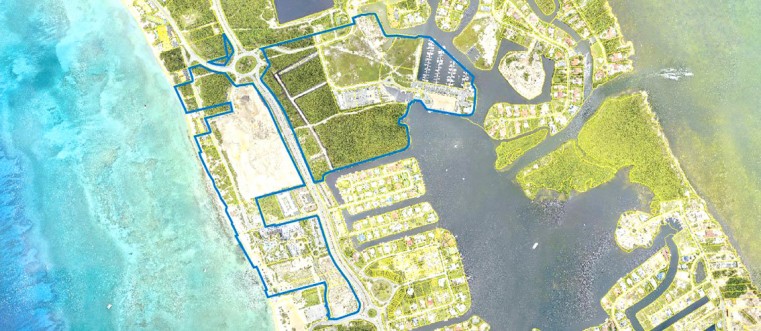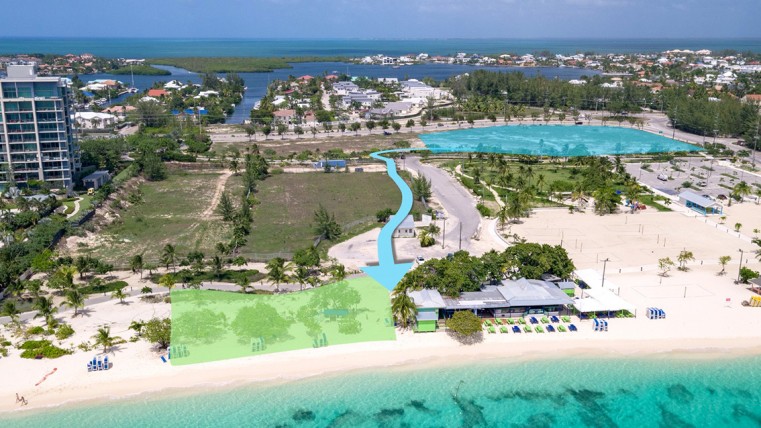- Job Market
- Upload Ad Requests
- Rates
- Home
- Video
- About Us
- Contact Us
- Business Showcase
- Archives
- Blogs
- Upload Advertisements
- Video News Release
- Front Pages
- Community Notices
- Law Enforcement
- Government
- Community Voice
- Health Care
- International
- Sports
- Politics
- Community
- Entertainment
- Advertorial 2
- Non-Profit Organisation(NPO)
- Adopt a Pet
- Tourism
- CIIPO
- Taste of Class
- Opinions & Editorial
- Environment
- Outstanding Employee
- Outstanding Performance
- Celebration
- Gardening
- Beneficial Ownership
- Tips and tricks
- Cover Stories
- Cost of Living
- Development
- Employment
- Education
- Arts and Culture
- Business
- Global News Briefs
- Hurricane Watch
- Breaking News
- Regional
- Public Notices
- Local News
- Lifestyle
- Finance
- Economic
- Election Center
- COVID - 19
- UK Territories
- Advertorial
- History
- Inspiration
- The Panel
- The Interview
- Cayman Conversation
- Community Notices
- Law Enforcement
- Government
- Health Care
- Sports
- Election Center
- Cayman Conversation
- More
- Front Pages
- Community Notices
- Law Enforcement
- Government
- Community Voice
- Health Care
- International
- Sports
- Politics
- Community
- Entertainment
- Advertorial 2
- Non-Profit Organisation(NPO)
- Adopt a Pet
- Tourism
- CIIPO
- Taste of Class
- Opinions & Editorial
- Environment
- Outstanding Employee
- Outstanding Performance
- Celebration
- Gardening
- Beneficial Ownership
- Tips and tricks
- Cover Stories
- Cost of Living
- Development
- Employment
- Education
- Arts and Culture
- Business
- Global News Briefs
- Hurricane Watch
- Breaking News
- Regional
- Public Notices
- Local News
- Lifestyle
- Finance
- Economic
- Election Center
- COVID - 19
- UK Territories
- Advertorial
- History
- Inspiration
- The Panel
- The Interview
- Cayman Conversation
Subscribe
Dart says PAD doesn’t need environmental assessment
Mark VanDevelde, Dart Chief Executive Officer

Dart’s Canal Village planned area development

Indigo Beach access

At the first General Meeting for 2021 of the National Conservation Council, which took place recently, members voted to ratify the decision that Dart’s Canal Village planned area development (PAD) would need an environmental impact assessment before it could go ahead; however, Dart has responded by saying they did not believe such an EIA was necessary for a PAD. In a statement, Dart said it also believed there had been a number of inaccuracies in recent reports made about the PAD application.
“This may be because the DOE Screening Opinion contains a number of assumptions, incorrect information and data, while also considering irrelevant matters which were not part of the application and were never intended to form part of the PAD,” they stated.
Dart advised they submitted a PAD application for a resort residential district in the Seven Mile Beach corridor earlier this year, located north of Governor’s Harbour, consistent with and adjacent to existing hotel and tourism areas including Kimpton Seafire Resort + Spa, the Cayman Islands Yacht Club, restaurants and condominiums. Dart said they held 10 stakeholder meetings with more than 500 neighbouring residents, Government representatives and staff, along with public and private associations to improve awareness and understanding of the application and further illustrate Dart’s approach to sustainable development.
They explained that the PAD was “a rezoning exercise that promotes sustainable development by considering long term land use, accessibility, infrastructure, public spaces and environmental management.”
It did not, they said, and could not, give permission to build or to alter the land, and any physical development which may be contemplated within the PAD area would require a separate application for planning permission for such development, through the normal planning process, which included all the usual notifications to the public and the requisite consultation with specific government agencies, the Department of Environment and the National Conservation Council.
Some of the more contentious points raised at the NCC meeting were that beach access would be impacted, and 42 acres of mangrove and also beach rock would be removed, which Dart said would not happen in the PAD and these issues had been “erroneously reported in the media”.
Public confusion seems to be caused primarily by the conflation of the PAD approval process with the application for planning permission process, which are two fundamentally different processes, Dart stated.
As far as Dart was aware, no other PAD application submitted to the Central Planning Authority (CPA) had required an EIA as a pre-requisite to hearing the application. Further, the CPA had, to date, not approved any PAD application with the requirement to conduct a comprehensive EIA, they said.
Dart said it was supportive of the EIA process, but an EIA was not legally required for a PAD application, and any EIA which was done prior to the planning permission process would be premature and of limited relevance and, in any case, much of the proposed PAD area was already zoned so as to permit 10-storey hotel/tourism related developments. Therefore, the proposed PAD did not contemplate any development that exceeded current parameters.
Mark VanDevelde, Dart Chief Executive Officer, said Dart were concerned about the inconsistency in the interpretation and application of the current law when determining at what stage an EIA was required.
“This inconsistency and lack of clarity in the law relating to the requirements for a PAD has led to what appears to be incorrect and unfounded conclusions, which in turn led to misinformation and confusion,” he said. “We are of the view that all stakeholders would be better served with clear, consistent requirements set out in a set of updated, comprehensive and synchronised legislation. This is urgently needed to bring efficiency and predictability to the process and to balance the country’s environmental, social, and economic interests.”
Online Poll
Independent or Party: Independents top the Category with 23 Candidates. Select your preference
Popular News
Mexico beat Cayman 20-10 in ‘Big Match X’ Rugby
05 Jun, 2024
CIOC announces team for Paris 2024
11 Jul, 2024
















Comments (0)
We appreciate your feedback. You can comment here with your pseudonym or real name. You can leave a comment with or without entering an email address. All comments will be reviewed before they are published.